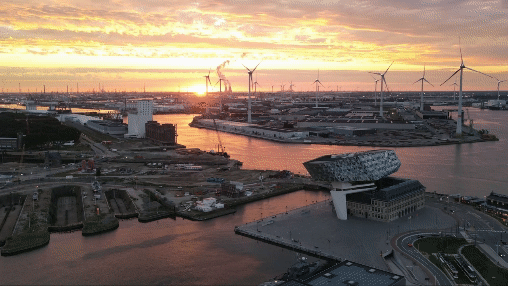
How the Carbon Border Adjustment Mechanism affects ports
How can we avoid the flight of energy-intensive industries due to the production cost overruns resulting from the EU Emissions Trading Scheme (ETS)? The European Union will force certain imported goods to pay for their carbon emissions. This new obligation implies an additional bureaucratic burden for importers and may lead to increased costs as well as losses in competitiveness.

Reporting obligation until the end of 2025
Companies importing goods subject to the Carbon Border Adjustment Mechanism (CBAM) have already submitted their first quarterly report.
In it, they have had to report the greenhouse gas (GHG) emissions incorporated into their imports (direct and indirect emissions) for the months of October, November and December 2023. Until January 1, 2026, this new obligation will be merely informative, without the need for any payment or financial adjustment.
From 2026, importers will have to declare (on an annual basis and no longer quarterly) the quantity of goods imported into the European Union the previous year and the implied greenhouse gas emissions.
Based on these declarations, which affect the entire supply chain, importers must acquire a number of CBAM certificates corresponding to these emissions. It should be noted that importers are primarily responsible for these declarations and are responsible for contacting all manufacturers and suppliers involved.
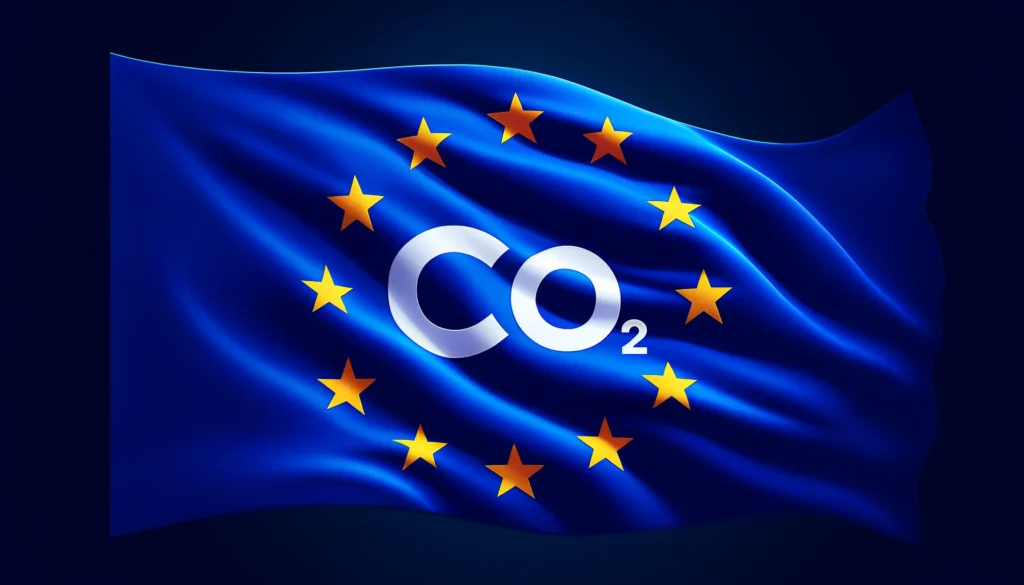
Objective: to prevent industrial leakage
The implementation of the CBAM will take place in parallel to the phasing out of the free allocation of emission allowances to European industries in the period 2026-2034. Its "raison d'être" is to avoid the leakage of industries subject to the EU Emissions Trading Scheme (EU ETS), those that must purchase allowances for their emissions, to other countries with less stringent climate policies.
In this sense, the prices of CBAM certificates will be calculated based on the average weekly auction price of EU ETS emission allowances, expressed in euros/ton of CO2 emitted.
The launching of the CBAM has already raised the first reactions.
In an article published by the EFE news agency, Núria del Pozo and Elvira Carles have warned that "the road to the effective implementation of the CBAM will not be easy". The legal officer and the director of the Fundación Empresa & Clima, respectively, point out that "one of the main obstacles is the additional bureaucratic burden imposed on importers, which can lead to an increase in costs, as well as a loss of competitiveness".
Along the same lines, Maurici Hervas, researcher in energy transition at the Port of Barcelona, agrees in indicating that "international transport may be affected by the application of the CBAM, resulting in a decrease in global trade with the EU of products under the threshold of this mechanism and its processed products".
"This decrease," argues the Port of Barcelona expert, "will have two roots: the increase in the final price of the products, which will result in a decrease in demand, and the loss of transitory export competitiveness of the EU."
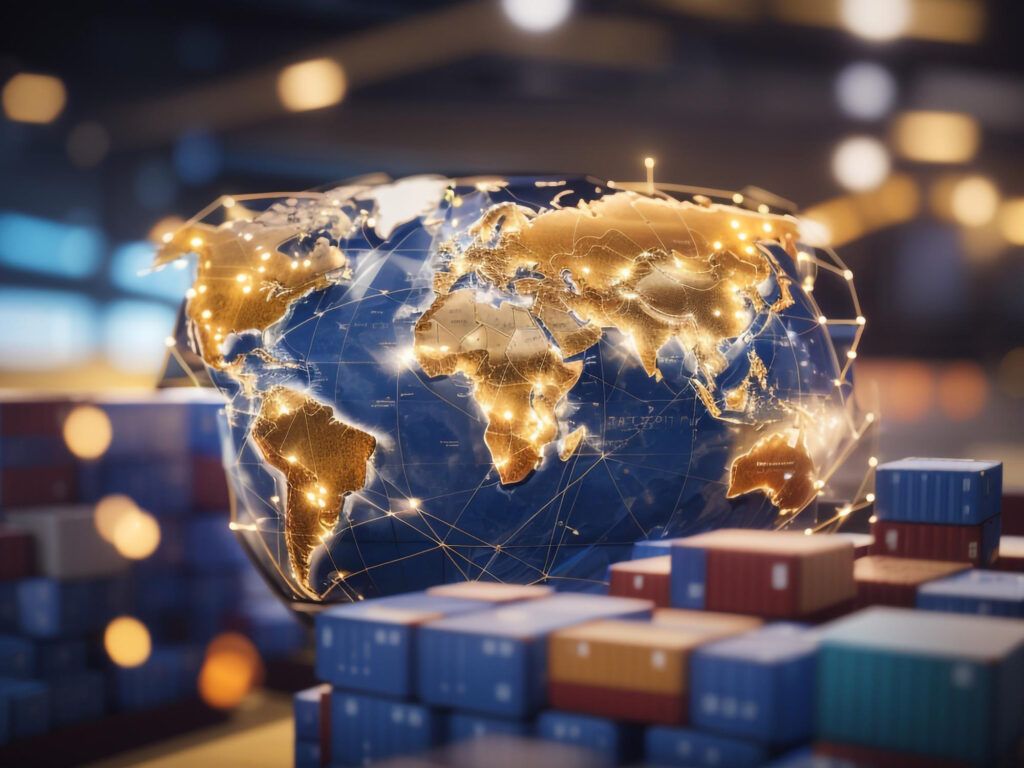
Loss of competitiveness or long-term advantage
In reference to the possible loss of competitiveness of EU countries, Hervas indicates that the greater the "time differential between EU measures and measures at the global level, or at least those of the main competing countries, the more Europe's competitiveness will suffer and, therefore, its exports at first and imports if this is consolidated in GDP contractions".
However, the Port of Barcelona researcher stresses that "the measure can result in a long-term competitive advantage by encouraging innovation and the deployment of low-emission production processes that will end up being attractive at a global level".
Other additional difficulties described by Del Pozo and Carles are "the limited availability of data, the possible perception of green colonialism by developing countries, the breakdown of trust in the framework of international climate negotiations, trade tensions and disputes at the World Trade Organization (WTO)".
In fact, Brazil, South Africa, India and China (countries known by the acronym BASIC) have already submitted a joint statement affirming that "unilateral measures" and "discriminatory practices" such as border carbon taxes should be avoided.
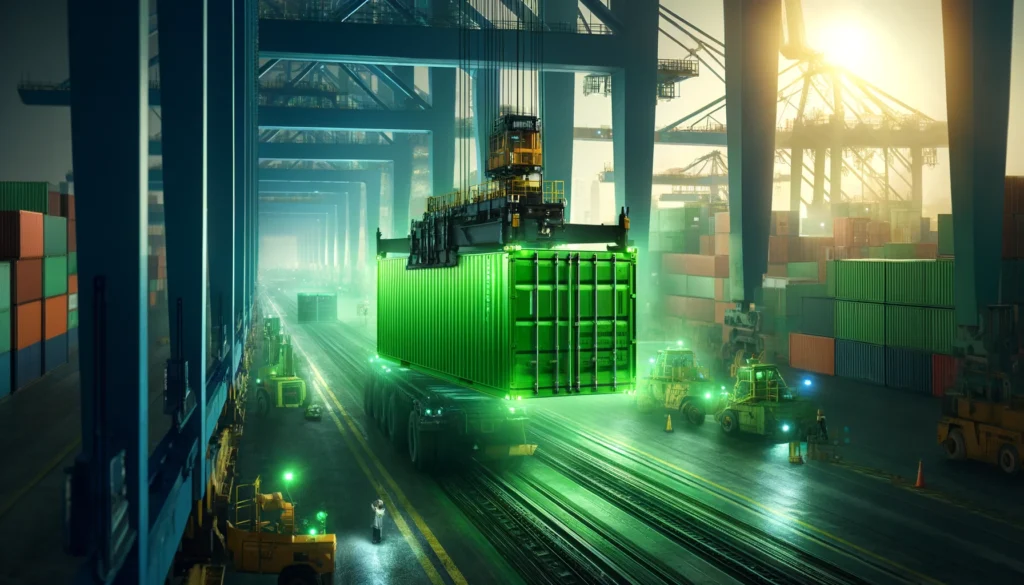
Assets involved
Initially, the CBAM applies only to imports of certain selected goods and precursors whose production is carbon-intensive and presents the greatest risk of leakage. These are cement, iron and steel, aluminum, fertilizers, hydrogen and electricity. The current transitional period, until the mandatory requirement to purchase certificates comes into force, will be used to assess the feasibility of including other goods produced in sectors covered by the ETS. Some of the imports that could be affected are chemicals and polymers, oil and gas.
There are some exemptions, such as shipments of less than 150 euros (an exemption that is to be modified to be quantified in kilos instead of by economic value), goods to be used in the territory of NATO military activities, and goods originating in certain countries listed in Annex III of the Regulation (Iceland, Liechtenstein, Norway and Switzerland), as well as some territories, such as Ceuta and Melilla, among others.
The following link of the Spanish Ministry for Ecological Transition and Demographic Challenge explains how to complete the CBAM quarterly report.
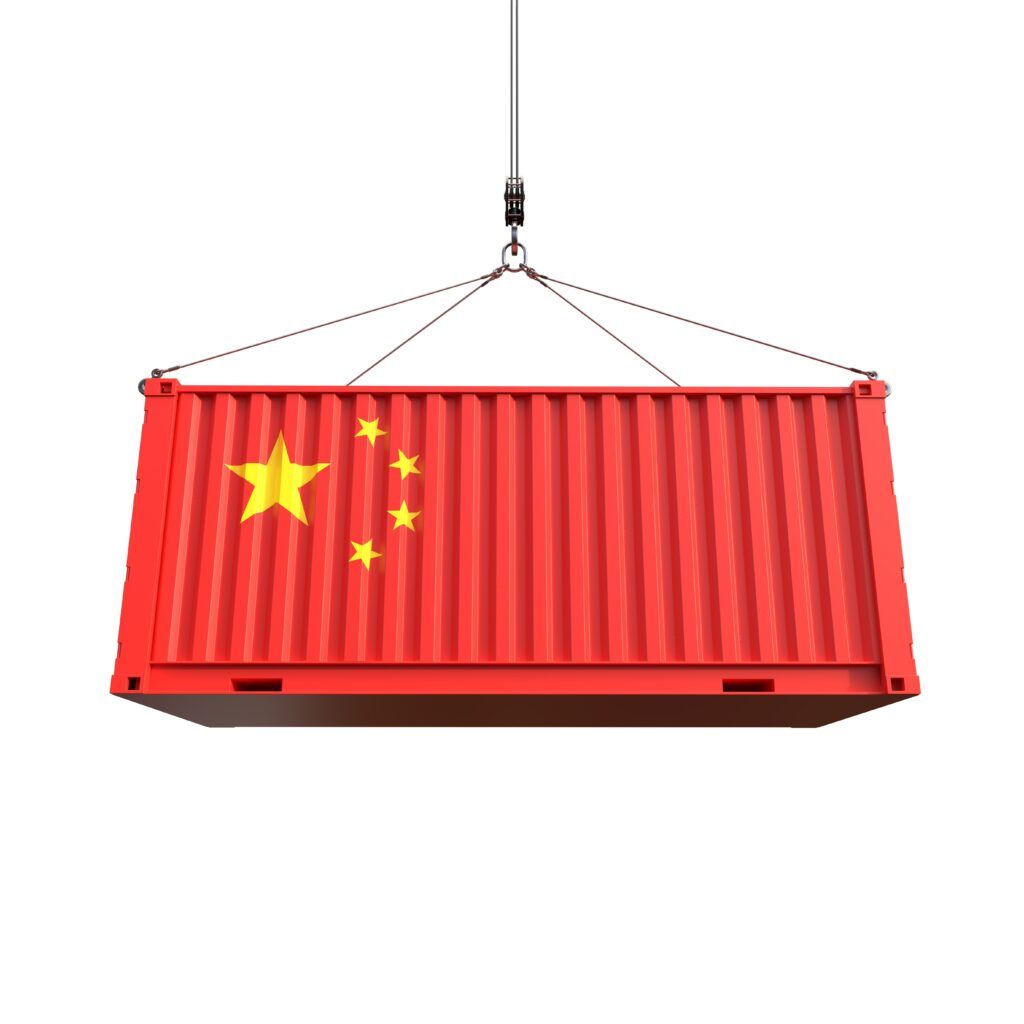
What is the rest of the world doing?
As mentioned above, the BASIC group (Brazil, South Africa, India and China) has issued a joint statement pointing out that the CBAM unfairly shifts the responsibility for reducing emissions to developing countries, which they believe should fall on developed countries given their historical emissions. From China's point of view, this is a protectionist measure that does not comply with World Trade Organization (WTO) rules and attacks free trade, damaging global supply chains.
Other countries, on the other hand, consider it to be an effective tool against climate change and are developing similar systems. This is the case of the United Kingdom, which has created its own tariff. This will come into force in 2027 and, unlike the CBAM, includes imports of glass and ceramics and excludes electricity. Canada, Australia and the United States are also considering similar measures.
The ultimate objective of the CBAM is to promote cleaner industrial production not only in EU countries, but also outside the EU. If fulfilled, the EU would lead and strengthen its role as a global legislator in the field of climate change mitigation.



